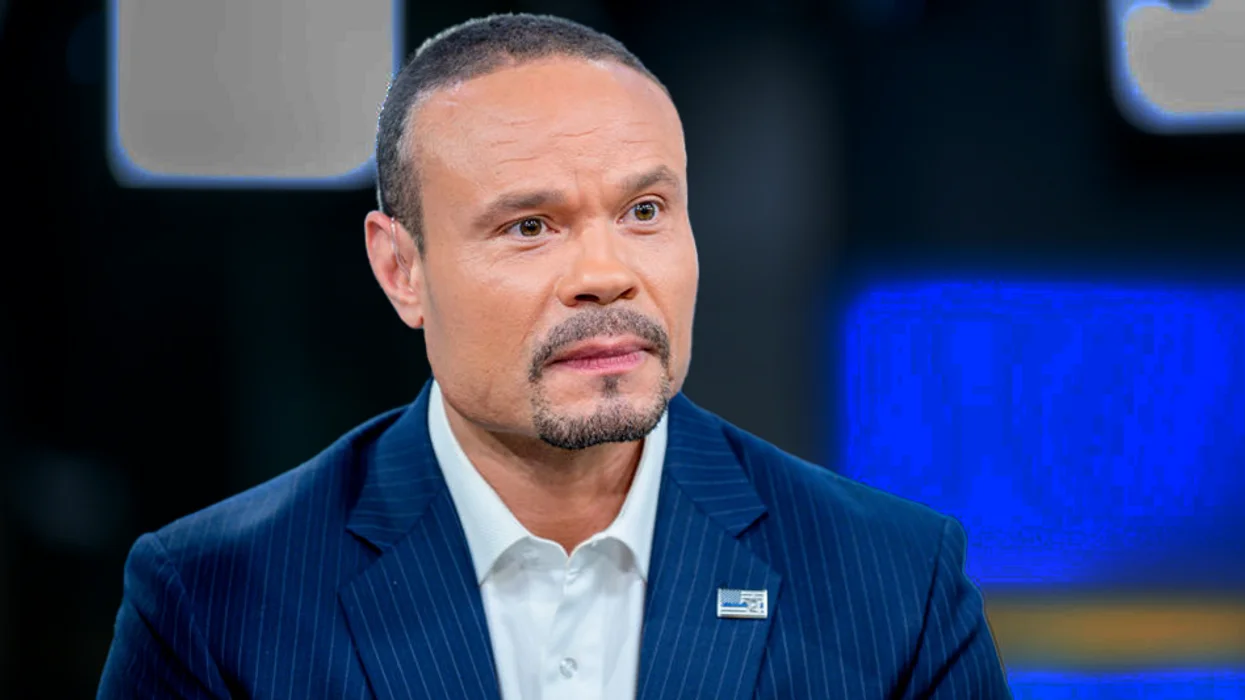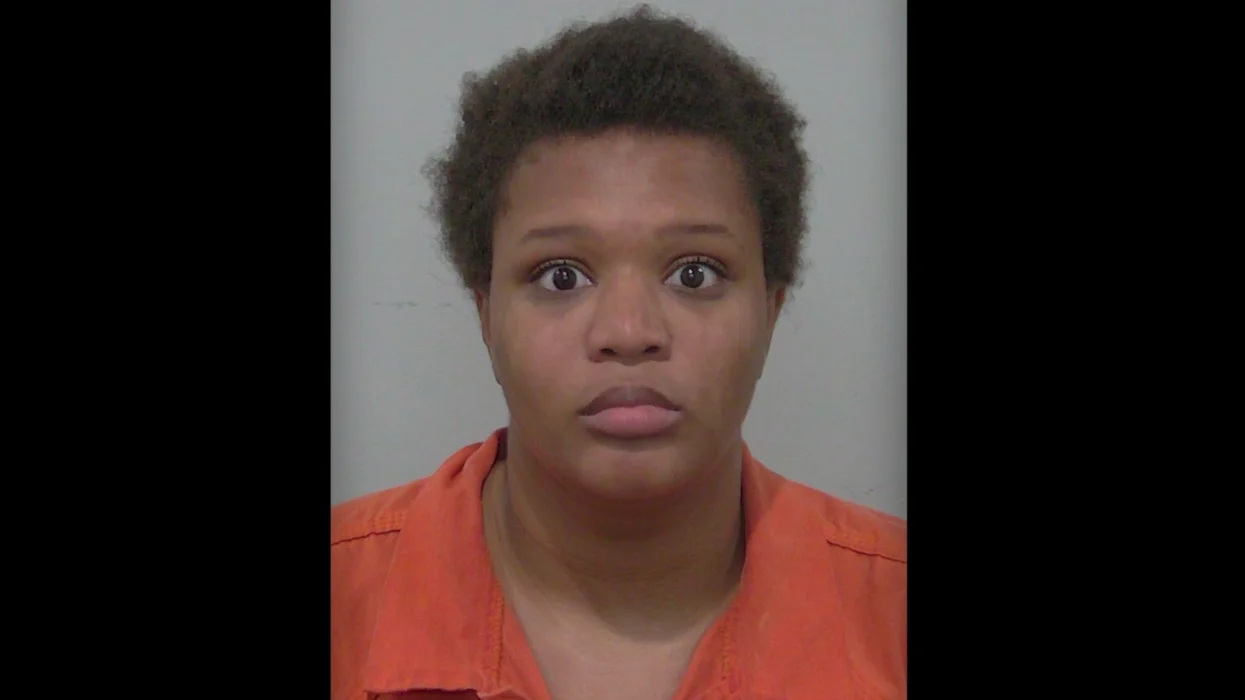
© 2025 Blaze Media LLC. All rights reserved.
"We're in a tough situation and the current slow recovery is hurting everybody."
Two Federal Reserve presidents said Tuesday that the U.S. economy could be headed for a "fiscal cliff" by the end of 2012 if “mandated tax increases and spending cuts are implemented,” CNBC reports.
Charles Evans of the Chicago Fed referred to the cliff as a "big uncertainty." At the same time, Atlanta Fed President Dennis Lockhart said the markets could experience "financial shock" if Congress and the White House remain in deadlock over how best to jumpstart the economy.
 Atlanta Fed President Dennis Lockhart
Atlanta Fed President Dennis Lockhart
“The expected tax increases and spending cuts were triggered when a congressional ‘super committee’ failed to come up with a way of closing the federal budget deficit,” CNBC reports.
While speaking during the Milken conference in Los Angeles, the Fed presidents agreed recent GDP data was “disappointing” (to say the least), but disagreed with each other on the need for more stimulus.
"I’d like nothing better than to start raising rates before late 2014 on the strength of a stronger economy," Evans told Squawk on the Street.
Watch the Fed Reserve officials discuss the state of the economy via CNBC:
The Chicago Fed chief said: "more liquidity would be helpful. It would ratify the idea that [Fed] policy is going to be accommodative for a very long time to get things going. Look, we might get lucky in the sense that ... the channel opens up and we get a greater lift in the economy."
However, instead of simply keeping rates low until late 2014, Evans argues the Fed should use "economic triggers" to “accommodate” low rates and high unemployment as it occurs.
The Atlanta Fed president disagreed, saying that although Q1 GDP and recent jobs data were “disappointing,” "I am a bit reticent to pull the trigger on any action. We have to see how the economy evolves. Pulling a number out of the air is a bit too simplistic."
He added:
There’s only so much we can do to stimulate loan demand, and to change the risk appetite of the financial system or banks, so I’m not sure that more really active stimulus in the form of quantitative easing, for example, would have that much of an effect.But the longer-term costs have to be kept in mind, costs related to inflation expectations, for example.
The Fed presidents both agree the Federal Reserve's low interest rates are detrimental to savers.
 Chicago Fed President Charles Evans
Chicago Fed President Charles Evans
"We're in a tough situation and the current slow recovery is hurting everybody," said Evans.
"[W]e can only have one policy, and that policy is designed to support the recovery. So unfortunately there are winners and losers,” Lockhart added.
Want to leave a tip?
We answer to you. Help keep our content free of advertisers and big tech censorship by leaving a tip today.
Want to join the conversation?
Already a subscriber?
more stories
Sign up for the Blaze newsletter
By signing up, you agree to our Privacy Policy and Terms of Use, and agree to receive content that may sometimes include advertisements. You may opt out at any time.
Related Content
© 2025 Blaze Media LLC. All rights reserved.
Get the stories that matter most delivered directly to your inbox.
By signing up, you agree to our Privacy Policy and Terms of Use, and agree to receive content that may sometimes include advertisements. You may opt out at any time.





